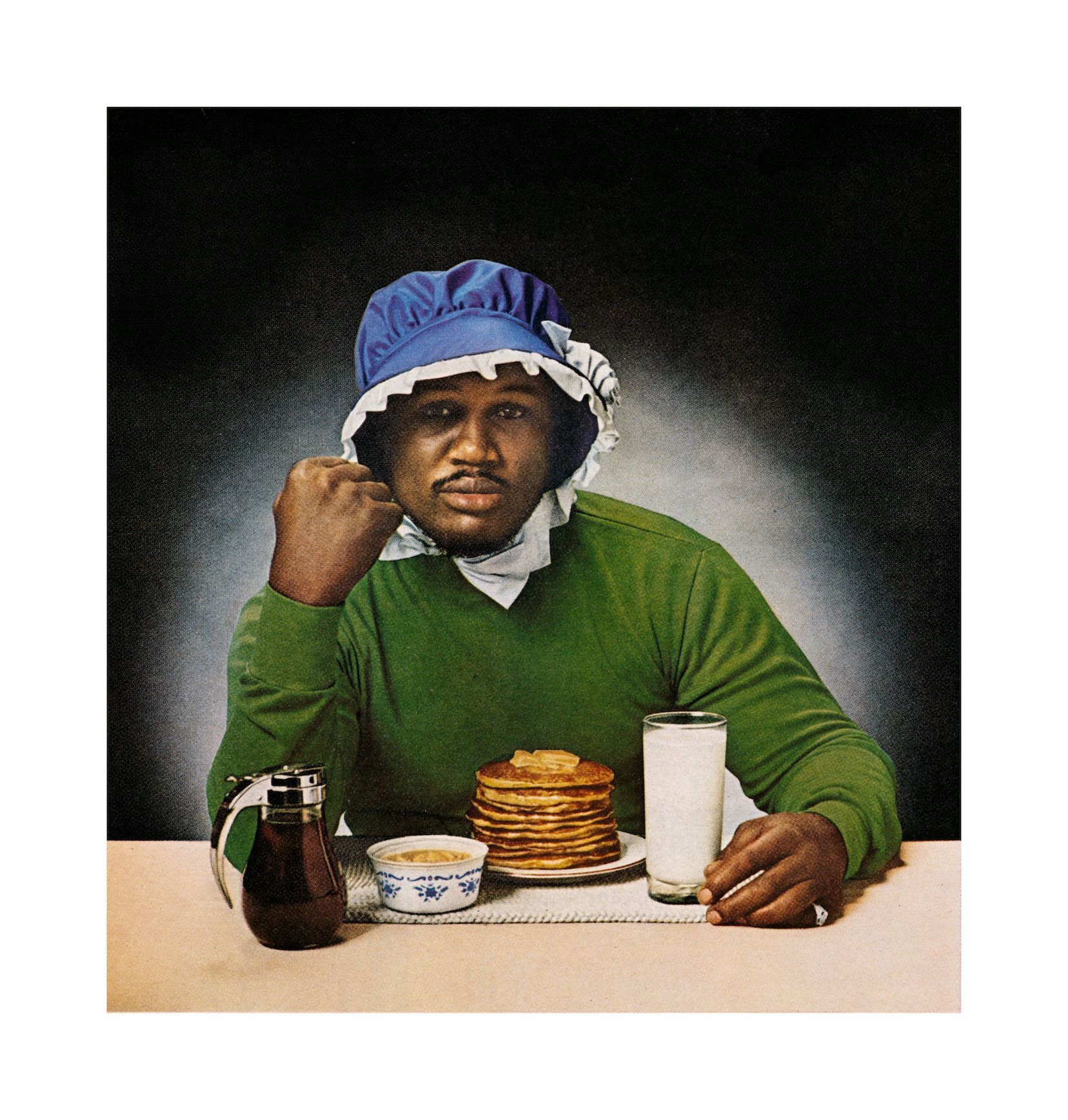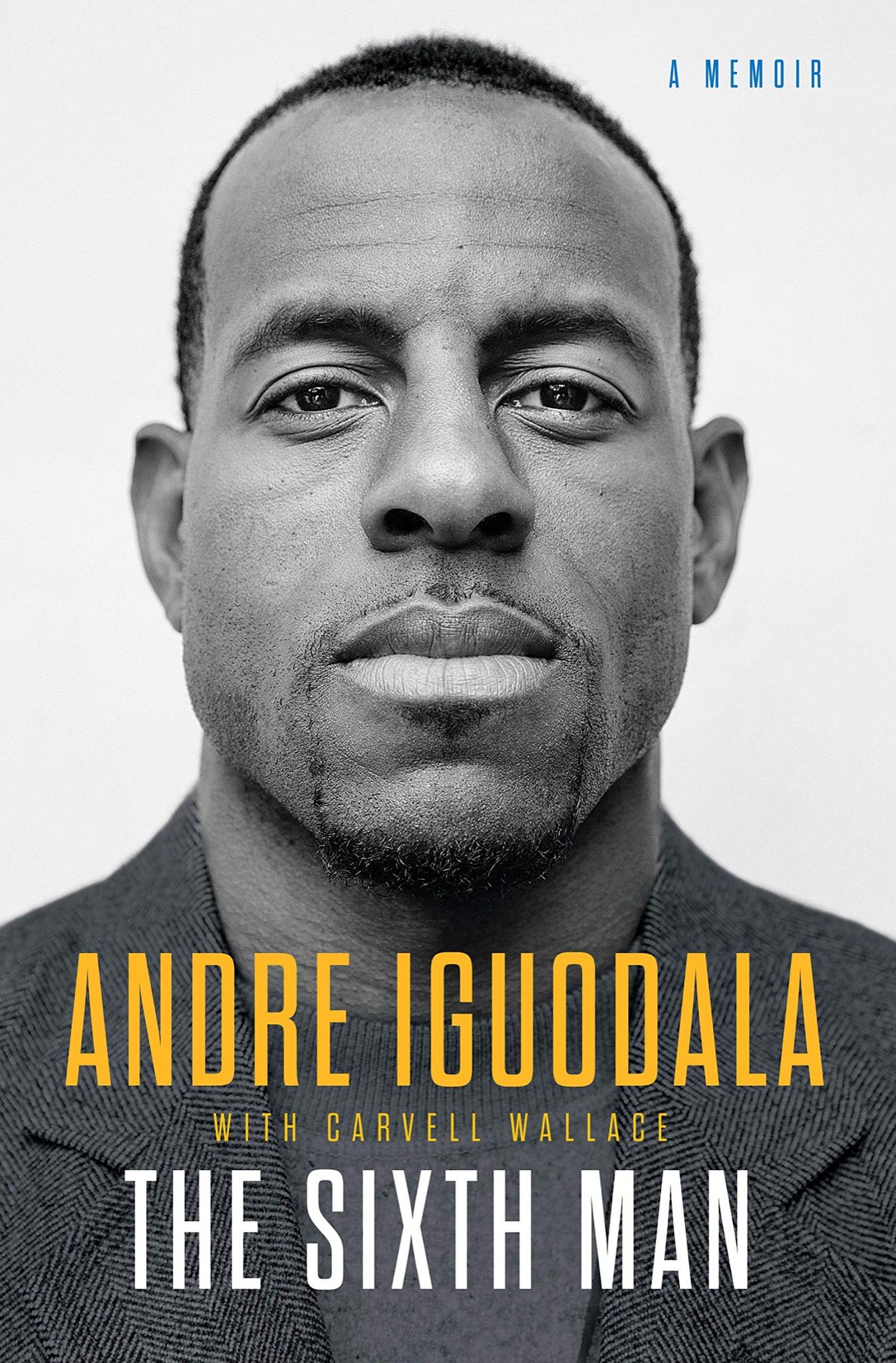MARTINE SYMS: Set Alight All Hackneyed Tropes
Jenny Holzer shirts, kush sales copy and Online Imagined Black English: mixed-media artist, publisher and technologist Martine Syms’s recently saved bookmarks are as interesting and sharp as her work.
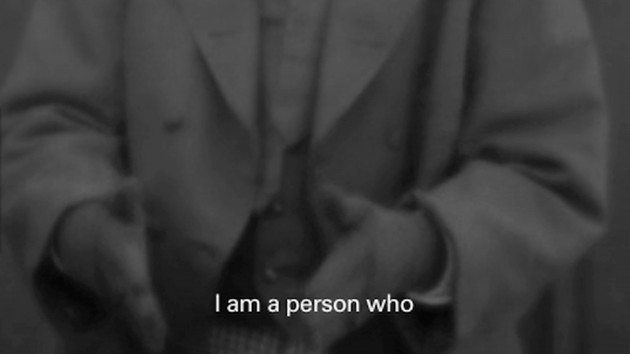
The LA-based Martine Syms is a conceptual entrepreneur. It’s a far more elegant turn of phrase than creative polymath, or whatever else you could label someone whose practice spans three integral post-crash jobs. Syms works as a critical technologist, a mixed-media fine artist, and a build-it-yourself creative entrepreneur: since leaving art school in 2007, she has ran a shop and a publishing house, given lectures at South By South West, and made a number of performances, videos, audio films and installations. She’s even created a genre, and made its first audio film: Mundane Afrofuturism, a call to embrace the possibilities of a post-sci-fi future, and to “pile up unexamined and hackneyed tropes, and set them alight.” Within the manifesto, she writes, “Earth is all we have. What will we do with it?”
It’s a good question, because if her wide-open practice symbolises some of the most inspiring aspects of this financially straightened / digitally empowered age, much of her subject matter deals with one of its most dreadful: the continued existence of racialized violence, and evolving face of white supremacy.
In 2012, she made ReadingTrayvonMartin.com, a reading list of articles related to the teenager’s slaying, and the exoneration of his killer, and which, like much of her work, deals with media and image itself. It lives, as writer-curator Karly Wildenhaus puts it, in the place “between that which is lived directly and that which is represented.”
Like Umberto Eco, God, and the internet generally, she likes lists, to the extent of publishing a (really readable) website archiving three years of Google searches. With a solo show opening at London’s Institute of Contemporary Arts, her first in the city, she sent a list of her recently saved bookmarks, which are below, and has answered some questions underneath.
What do you think about trolling or the use of the provocative statement to create a kind of break?
Insects Are Just Like You and Me Except Some of Them Have Wings (via the ultimate book clubb)
What beautiful prose.
The Jenny Holzer shirt I wear every day is sold out so I can share this now.
What Happened In The Transition?
The protests have opened up space for us to reimagine American democracy–to glimpse what this country could be apart from those who say that our only choices are what is currently right in front of us. And that use of the imagination, to my mind, is a revolutionary act.
The beginning of FubuWeb. More soon from me, Freaney, Dean, and Olunkwa.
Make An Image Gray In All Browsers
I don’t believe in God, but I do believe in Gospel
Online Imagined Black English. Crucial read.
Bill Barvin Location Photography Archive. LAPL should digitize the million file cabinets that exist of these in Los Angeles.
A dark woman, head bent, listening for something. . . . (poh-tree)
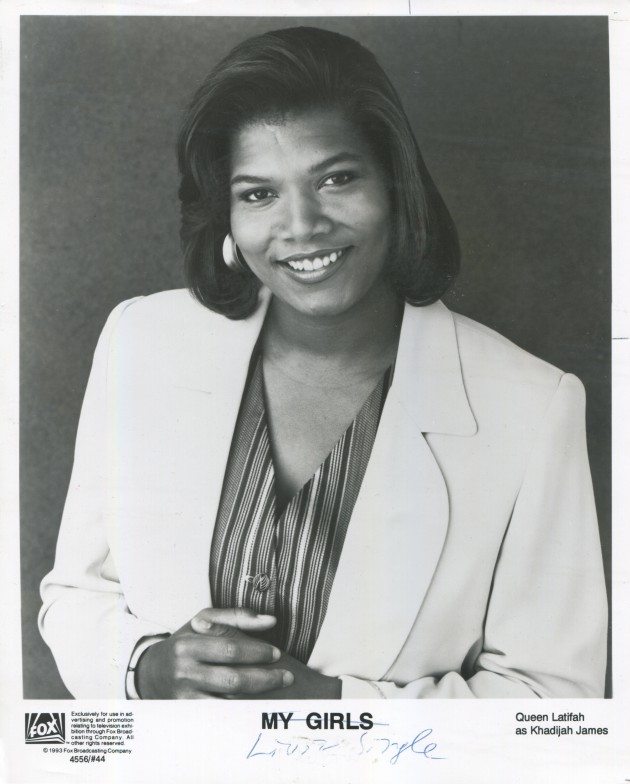
I love that you call yourself a conceptual entrepreneur: can you explain more about why this is your job title?
Martine Syms: I left art school and didn’t want to make any art. I didn’t have a studio. I didn’t want a studio. I opened a project space called Golden Age two weeks before I graduated. I was writing art reviews, essays, bits and bops for anyone who wanted some words. I organized film screenings, music shows, lectures, performances at my space and others around the city. I also had this space, we called it a “store.” It felt very mom and pop. I’d internalized a bunch of theory from art school, but I was also systematically reading every business book in the Harold Washington Library. I kept being asked to describe myself and I created the term “Conceptual Entrepreneur” to corral my activities. It’s a riff on Sol Lewitt’s assertion ideas were machines that made art (value). Let me be clear though my ideas around entrepreneurship lie in the determinacy outlined by Point 3 of the Black Panther’s 10 Point Program, independent music from El Saturn Records to SST, the Echo Park Film Center and film co-op culture, and the general store trucks that line the streets of the south side providing amenities that would otherwise be absent.
Which artists do you see as your inspirations or influences?
Pipilotti Rist, Cita’s World, Ximena Cuevas, Ru Paul, George Kuchar, Kevin Young, John Waters, Black Audio Film Collective, Paul Chan, Renee Green, all the heads out there.
All art has a politics. Even if it’s just like “I’m a white dude and I want to do whatever I want.”
You’ve approached the (mostly ghastly) representation of African-American culture in mass media in several works, from your gestural videos to your power point lectures. Yet in the internet seems like a powerful tool to address the colossal power asymmetries that exist in the media – a hashtag can inspire a global protest movement. Are you, in general, optimistic?
I try not to be positive or negative. E-Q-U-A-N-I-M-I-T-Y. I could start quoting my yoga teacher here, but I’ll spare you. I’m wary of notions of progress. Last night I was talking with a friend about time occurring simultaneously, rather than linearly (is that a word?). Maybe I feel like good and bad happens all at once too.
The poet Kevin Young once annihilated my notion of “mass media” in one elegant sentence in favor of “popular culture.” I prefer that term as well. We don’t passively accept media. We negotiate it. I’m excited by things done the wrong way. Impropriety.
How do you think web design can be a tool for political art?
I’ll quote Judith Barry here, “design is an unnamed term in how it is that an audience takes away information.” I don’t think that art can change policy, but it can change conversation. All art has a politics. Even if it’s just like “I’m a white dude and I want to do whatever I want,” which is like most of history so yawnnnnn.
Martine Syms’s Notes on Gesture, 2015. For it, she took 17th century natural philosopher John Bulwar’s statement “the art in the hand […] chiefest instrument of eloquence,” and riffed on how identity is constituted through repeated gestures.
More generally, which web designers do you see doing really interesting things?
All of these people would literally strangle me if I ever described them as “web designers.” It’s kind of like when job listings say they need a “graphic artist.”
Some people who do interesting things online: The love of my life Brent Freaney. Eric Hu. Mindy Seu. Mat Dryhurst. Claire Evans. Jace Clayton. Karly Wildenhaus. W.A.G.E.. Anh-Thu Hyun. Basically everyone I was friends with on Livejournal. You know twitter is just LJ right.
I know about things outside of myself. I am not giving an account of my life. I’m using my experiences to think about larger cultural, social, and historical issues.
I’m fascinated by how you used your personal internet activity to confront the horror of police killings. Why do you think that autobiography is such a powerful tool?
I’ll push back on the autobiography label a bit. It gets put on women (especially black women) because they can’t be authorities on anything but themselves. I know about things outside of myself. I am not giving an account of my life. I’m using my experiences to think about larger cultural, social, and historical issues. With Reading Trayvon Martin I was looking at the way that the story morphed through the news cycle. As you scroll my site you can see how the narrative changed. I was the “target audience” of this story. It was appalling how it was ignored by major news outlets. The story was brought to bear on American conscience through grassroots efforts by black people. There was no source where you could read what happened. I made one and it circulated in both art and non-art communities which is my goal with everything I do. I have no allegiance to the art world.
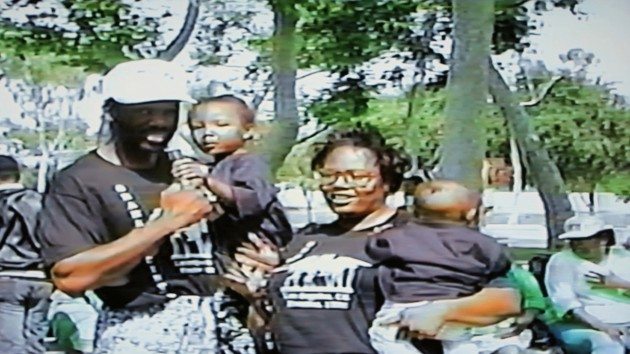
Can you tell me more about your plans for your press?
I started Dominica as the antidote to what I was doing at Golden Age. I publish one-two books a year with artists whose work I’m obsessed with. I just released Dark Pool Party, a book of essays by Hannah Black. I’m working on a book of “sci-fi poems” by Sara Knox Hunter called There’s Nothing To Divide Us If We Don’t Exist. There’s no schedule and no plan. Eventually, I’ll make a real website. And maybe a t-shirt. People fucking love t-shirts.
